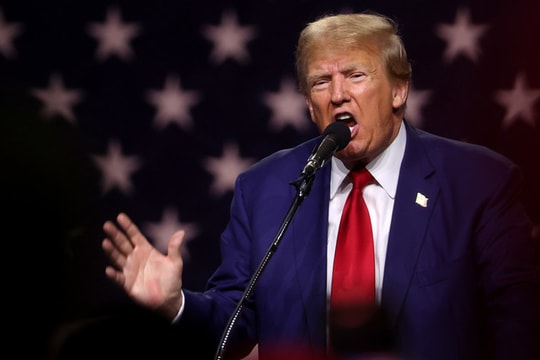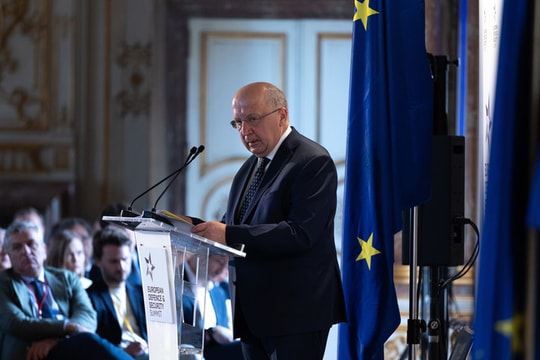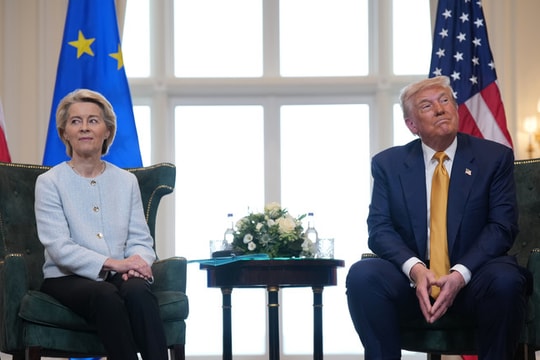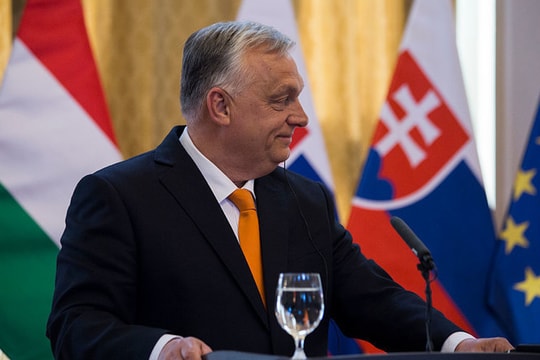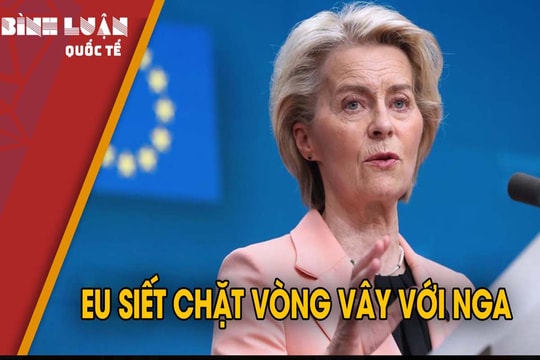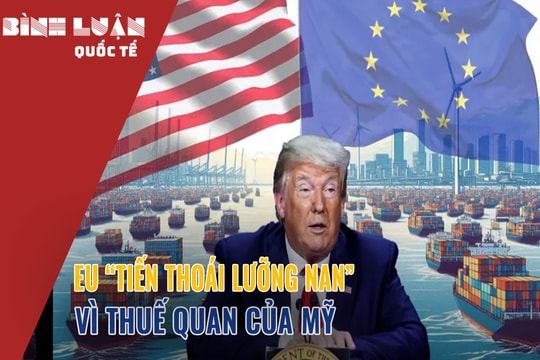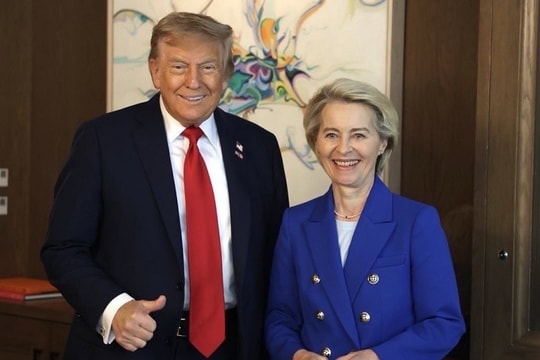The world last week: Optimistic and positive signals
(Baonghean.vn) - The European Union (EU) has announced a comprehensive plan to improve its partnership with the US, placing its trust and hope in the new Washington administration to respond to many challenges, especially strategic challenges from China. The UK has become the first Western country to license the Covid-19 vaccine, creating a major turning point in the global fight against the pandemic. These are notable international issues of the past week.
PUT THE STRESS AWAY
The EU is calling on the US to seize a “once-in-a-lifetime” opportunity to build a new global alliance, putting aside transatlantic tensions under President Donald Trump. The plan, called “A New EU-US Agenda for Global Change,” was proposed by the European Commission (EC).
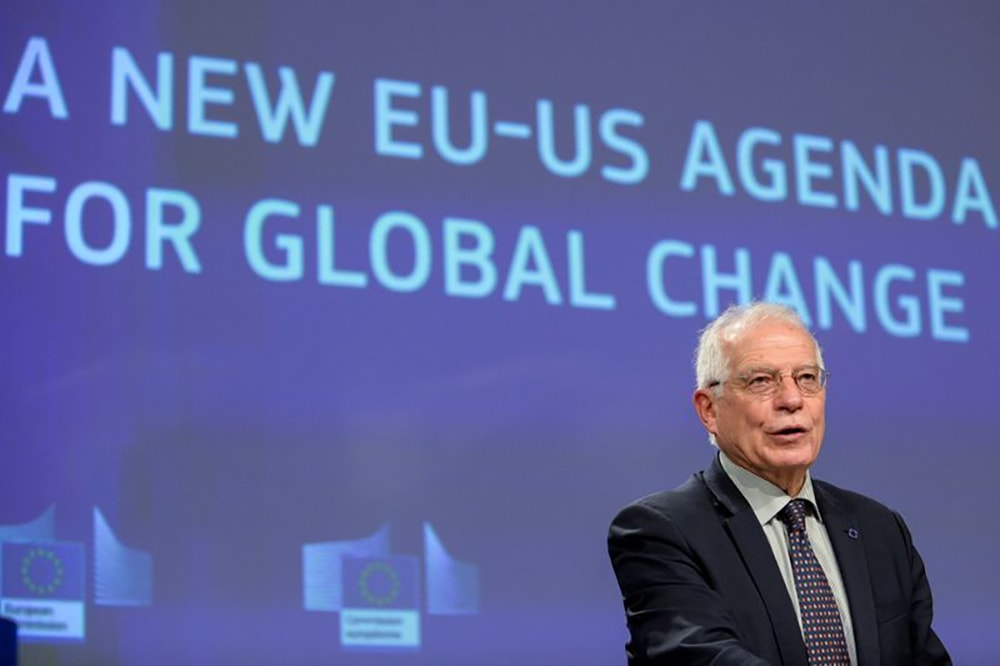 |
| The EU High Representative for Foreign Affairs and Security Policy announced a new comprehensive cooperation plan between the EU and the US. Photo: Reuters |
The 11-page draft policy proposed by the EC calls forEU-US partnershipneed to “maintain and innovate” if the democratic world is to assert its interests and counter “authoritarian powers” and “closed economies”. The new cooperation between the EU and the US will take place in all areas, from regulating digital platforms to responding to the Covid-19 pandemic. The EU asked the US to cooperate in reviewing sensitive foreign investments, countering threats such as cyber attacks, building a digital regulatory environment including agreeing on a common approach to antitrust enforcement, data protection, and taxation of global digital platforms.
Other parts of the draft call for cooperation in developing and distributing a Covid-19 vaccine, as well as cooperation in reforming the World Health Organization and protecting the international agreement on Iran’s nuclear program. The EU also calls for easing persistent transatlantic tensions, such as President Trump’s threat to impose tariffs on European car imports and the EU’s push for a digital services tax targeting US tech giants.
The highlight of the draft is that it reflects Brussels' "relieved" optimism about the prospects of cooperation with the new US administration.
The highlight of the draft is that it reflects Brussels’ “relieved” optimism about the prospects of cooperation with the new US administration, but also concerns that the transatlantic rift of recent years has created a different geopolitical position for Beijing. The draft therefore supports President-elect Joe Biden’s idea of a summit, and believes that a transatlantic agenda will be at the core of a new global alliance of like-minded partners. In addition, it is the potential for cooperation between the EU and the US to address issues fromChinese investmenton innovative EU and US companies, to the potential threat from Beijing's strength in 5G technology.
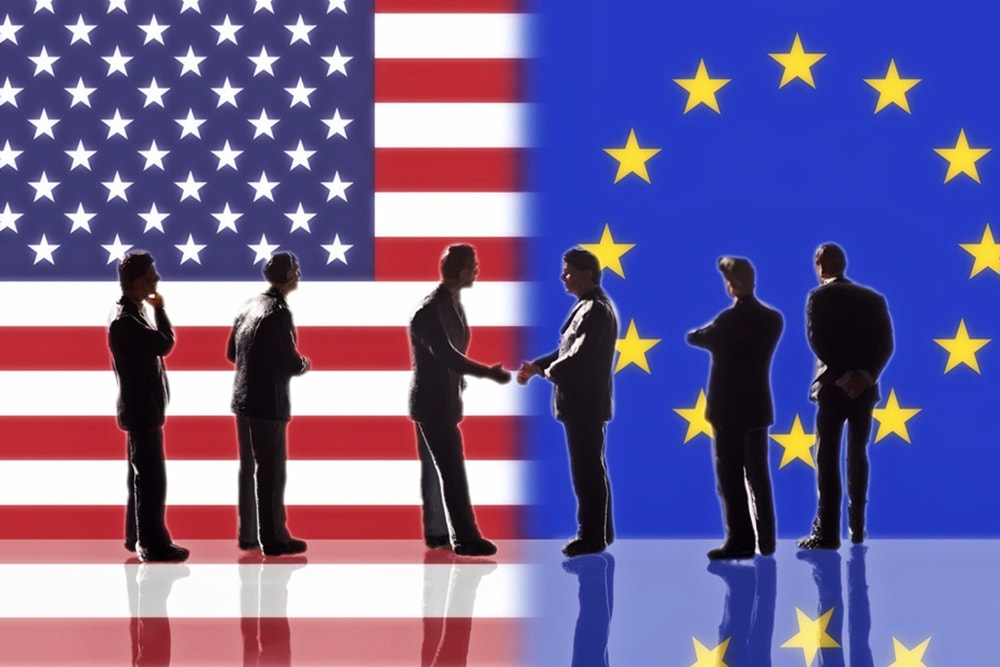 |
| Transatlantic relations between the EU and the US are expected to improve during the new term of the US president. Illustration photo: internet |
However, there are still potential obstacles to closer EU-US cooperation, including bilateral and internal EU disagreements. Antitrust issues and digital technology taxes remain a potential flashpoint in EU-US relations, and a complicating factor in any common stance against Beijing.
Brussels' vision for data protection, increased competition in the tech sector, and tax reform will require it to take action against the US tech giants that dominate the digital market.
BIG TURNING POINT
The UK's Medicines and Healthcare products Regulatory Agency (MHRA) has granted emergency use authorisationCovid-19 vaccinePfizer, in collaboration with German partner BioNTech, and the first doses are expected to be available early next week. The approval comes at record speed, just three weeks after Pfizer released the first data from its final phase of clinical trials, which showed the vaccine was 95% effective. With the British government scrambling to repair its image after facing criticism over its handling of the pandemic, the approval of the vaccine has surprised European politicians and health experts.
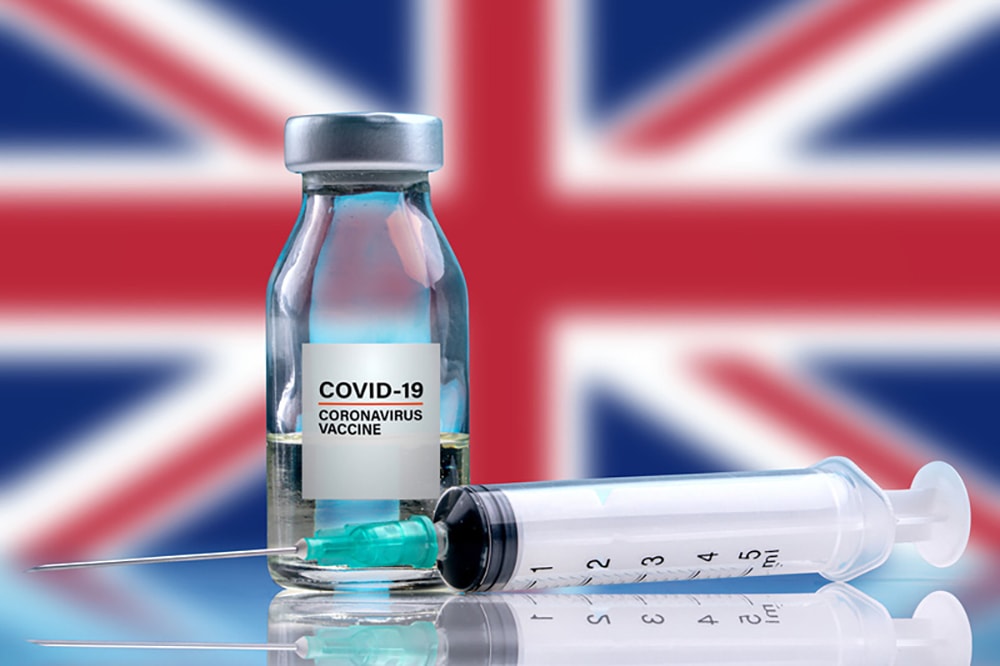 |
| The UK will roll out a Covid-19 vaccine next week. Photo: AFP |
Community safety comes first - “Safety” is our motto”.
UK regulators insist their fast-track approval was done right, without any cuts. MHRA chief executive Dr June Raine said: “We have carried out a rigorous scientific review of all available evidence on quality, safety and effectiveness. Public safety comes first – ‘Safety’ is our watchword.”
The key to the speedy approval of the vaccine is that the MHRA carried out a rolling review. MHRA scientists began examining the vaccine data in October 2020, and each data package was reviewed as it became available, rather than a single review at the end of the trial. The UK’s comprehensive review of all the required information began on November 23, followed by the licensing announcement on December 1. This process allowed regulators to examine the data in detail before Pfizer and BioNTech applied for a license.
The approval of the vaccine by government ministers is also a success for Britain in responding to the pandemic, after the country recorded the fifth highest death toll in the world.
Following the UK's announcement, the European Medicines Agency (EMA) said that the UK's emergency approval of the vaccine was an important political move, but also a risky one. Guido Rasi, who recently ended his term as EMA Director, said: "If you only evaluate part of the data while the trial is underway, there is minimal risk. Personally, I expected a robust data review process, which the UK government has not done."
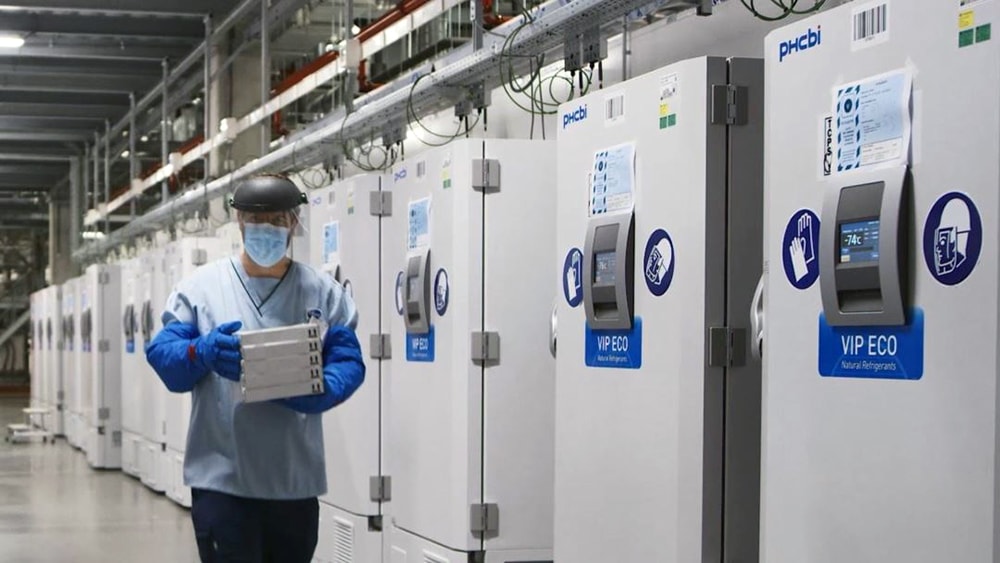 |
| Doses of Pfizer's vaccine are being strictly preserved for future supply. Photo: Reuters |
European politicians have also criticized the UK’s decision, which could put pressure on the world to rush to roll out a vaccine. Peter Liese, a German politician in the European Parliament, said: “I consider this decision problematic and recommend that EU member states not repeat the same process. A few weeks of rigorous testing by the EMA would be better than a hasty emergency authorization of a vaccine.”
Meanwhile, in the US, the UK's approval of a vaccine developed by an American company has added political pressure on the Trump administration for regulators to speed up the emergency vaccine licensing process.
UK Health Secretary Matt Hancock said the UK would start rolling out the vaccine next week and doses would be allocated based on health priorities. People would need two doses of the vaccine.

